|
DAVINCI - SELF PORTRAIT - PAGE 2
|
Henry IV and Henry V |

Old style and new style |
- Henry V (1386-1422) was the son of Henry of Bolingbroke and Mary
de Bohun.
- He was born in 1386, in Monmouth Castle in Wales.
- Henry is the protagonist of William Shakespeare’s Henry V,
and he also appears in Henry IV parts I and II as Prince Hal.
- Some debate whether as a child, Henry was really as wild
and
rambunctious as Shakespeare portrayed him.
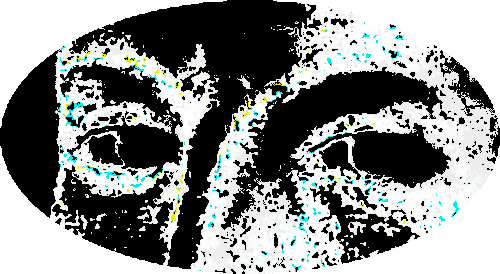
Henry IV
Bolingbroke (1367-1413) |
- When Henry was a child, King Richard II of England
had Henry’s father, Bolingbroke, banished from England just before he was meant to fight a duel of honor with the Duke of Norfolk.
- This happened because Bolingbroke,
his cousin, had previously participated in a rebellion against the king
in 1387.
- A brief civil war broke out in 1387 at Radcot Bridge which pitted the royalist faction against
Richard IIs unhappy magnates (which included Henry
Bolingbroke).
- Many of King Richard IIs favorites were either executed for treason or exiled from the realm in 1388
by Henry IV.
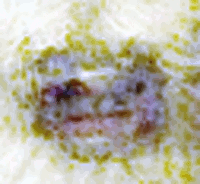
King Edward III (1312-1377) |
- Richard II and Henry Bolingbroke's grandfather
ascended to the throne as Edward III in 1327.
- His reign
was marked by constant war as England was thrust into
hostilities with France during the Hundred Years' War
(1337-1453).
- Edward III sired five legitimate sons with
his dear wife, Philippa, Queen of Portugal.
- Their eldest son, Edward
the Black Prince died one year prior to Edward III in 1376,
survived by a widow, and 9-year-old son, the future Richard
II.

King Richard II (1367-1400) |
- Edward III's title rightfully fell to young Richard
II who ascended the throne in 1377 at age 10.
- He was also known as Richard of Bordeaux,
and was King of England from 1377 until he was deposed in 1399.
- Ascension to the throne meant that Richard inherited a “defeated” and “deeply divided realm” which was
burdened with social and religious tensions throughout the 1380s and 1390s.
- Less warlike than either his father or grandfather, he sought to bring an end to the Hundred Years' War.
- He also worked on restraining the aristocracy and
cultivating culture and the arts.
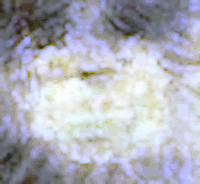
King Richard II hot tempered and revengeful |
- Unfortunately, he was
viewed as hot tempered and some felt self-centered and he
enjoyed magnates who agreed with him, and promoted them over
other magnates.
- On top of that, after the skirmish at
Radcot Bridge in 1387, he was supressed for a year and a
regency controlled his office, which resulted in him exacting
revenge on his enemies over the years.

End of bloodline |
- There were also questions about who would succeed
Richard II; although it had already been determined that John
of Gaunt and Henry Bolingbroke would be 2nd and 3rd in line
(should Richard fail to produce an heir).
- This grated on
Richard II as he failed to produce an heir, and he hated his
cousin, Henry Bolingbroke, even though he pardoned him, the
idea that he was a rightful heir unsettled him.
- Resulting
in much bias and restriction of Bolingbroke and his career
over the years as a result of retribution from Richard II.
- In 1398, Richard exiled Bolingbroke for his role in 1387 at
Radcot Bridge for a period of 10 years and if he returned
early, he would be beheaded.
Richard's posthumous reputation has been shaped to a large extent by William Shakespeare, whose play Richard II portrayed Richard's misrule and his deposition as responsible for the 15th-century Wars of the Roses. Modern historians do not accept this interpretation, while not exonerating Richard from responsibility for his own deposition. (Wikipedia)
|

John of Gaunt (1340-1399) |
- John of Gaunt, the Duke of Lancaster, eldest of
Richard's three surviving uncles and father to Henry IV
Bolingbroke, became regent to the throne until Richard II was
deemed mature enough.
- When Edward the Black Prince, Gaunt's elder brother and heir-apparent to the aged Edward III, became incapacitated owing to poor health, Gaunt assumed control of many government functions, and rose to become one of the most powerful political figures in England.

Bolingbroke disinherited |
- John of Gaunt's son, Henry Bolingbroke sought refuge in France
after he was exiled by Richard II; he learned of his father's
death in 1399.
- Richard II then revoked Henry's pardon and
he was disinherited of his Lancastrian lands and assets, branded a traitor and banished for life, never allowed to set foot on English soil again.
- This was the catalyst for Bolingbroke's invasion of England
in August 1399, while Richard was away in Ireland quelling rebellion.
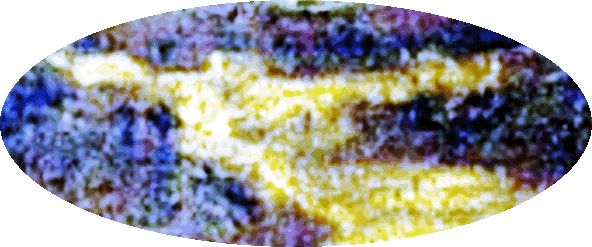
Henry IV rising |
- When Richard II returned to English soil at Conway in August
1399, he was
surprised to find officials waiting for him and he was
imprisoned in the Tower of London and then formally deposed by Parliament for various crimes against the realm.
- The English throne was now vacant and Henry Bolingbroke
seized it, claiming right by descent of his ancestor Henry
III.
- From that point forward, Henry IV battled with
legitimizing his overtake of a vacant throne and he did so by
claiming to right the wrongs of the previous monarchs.
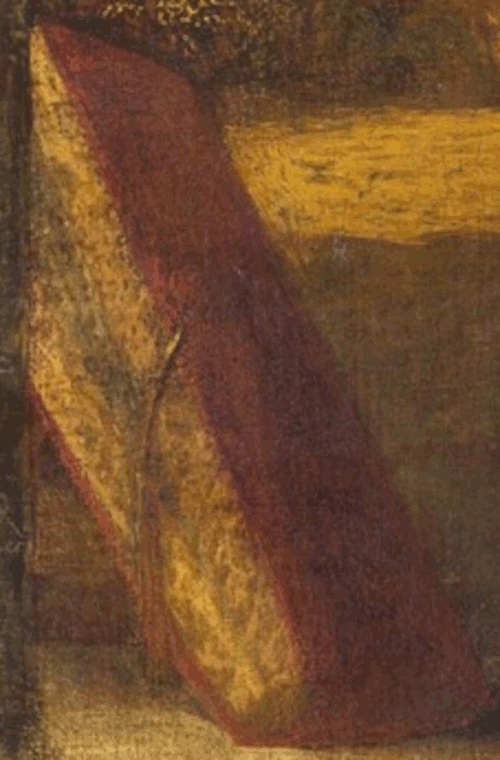
Official records |
-
Henry cleverly crafted the term 'vacant' in order to make it
appear that the throne was vacant because Richard II was
formally disposed of crime against the realm.
- This was
called the Lancastian version, and formally absolved Henry IV
of usurping the throne, since afterall, one cannot usurp a
vacant throne.
- An official Record and Process was created as a piece of pro-Lancastrian propaganda and as such is biased in favor of Henry and unsympathetic towards Richard
and that is current history.

Crown stolen
|
- Therefore, Henry V’s paternal grandfather was John of Gaunt
who was the fourth son of King Edward III of England.
- As
a result of this connection, Henry’s father was a cousin of King Richard II, which factored heavily in the crisis of the throne.
- In September 1399, Henry Bolingbroke, usurped the throne, taking the name Henry IV.
The deposition of the English King Richard II in 1399 has for centuries been a contentious issue in the study of high politics and kingship in medieval England because it was a clear upset in the social fabric and called into question the ideas of legitimacy and divinity. (Eva Kratochvil)
|
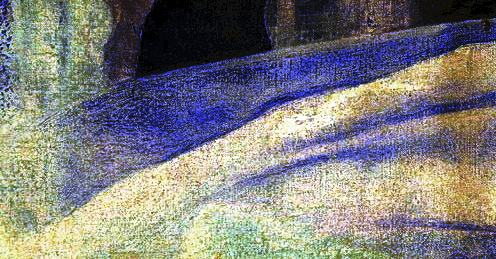
Richard II bones |
-
In September 1399, the duke of Lancaster and some of his supporters visited Richard in the Tower of London.
- According to official record (propaganda), after Richard
II spoke in private with Bolingbroke and the archbishop of Canterbury, Thomas Arundel, he declared “with a cheerful countenance” that he would willingly renounce the crown according to the promise he made at Conway castle.
- He is also reported to have, quite conveniently for the Lancastrian party, named Henry
Bolingbroke as his preferred successor.
- This all went
against reports of what he actually said according to Froissart’s account of what transpired at Conway and en-route to London.
- Months after the coronation, Richard II died a prisoner in Pontefract Castle amidst speculation that he was murdered.
The nature of kingship in fourteenth and fifteenth century England as sacred and ordained by God himself meant that Richard most probably never ceased to believe that he was the true king and would have fought for his title, shattering the Lancastrian illusion of a voluntary abdication. (medievalists.net)
|
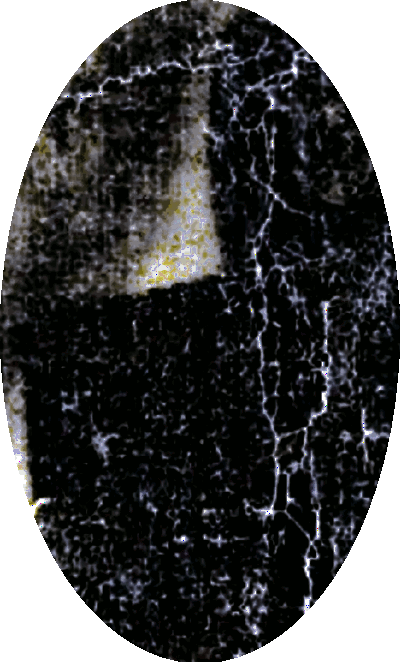
Mortimer Earl of March |
- Amazingly, Henry V Bolingbrock was the rightful heir
to the throne, but who knows if he would have ever been
crowned had he not moved Richard II out of the way.
- And
if Richard II hadn't died in the tower, he may have lived to
have several heirs which means Bolingbroke would never have
been crowned ever.
- Many
did continue to believe that Henry IV usurped the throne, and that the
rightful heir was Edmund Mortimer, Earl of March, who was an heir to King Richard II.
- Some thought that Henry IV would somehow eliminate
Mortimer, but instead, he kept him in his court and Mortimer
was extremely loyal to him.
Some ghosts are ever restless and Henry would find himself haunted by the ghost of Richard throughout his reign, as he worked tirelessly to prove that he belonged on the throne of England.
(medievalists.net)
|
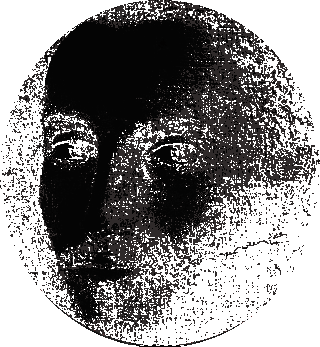
Richard II |
- During his father’s exile, Henry was taken in by Richard II as a ward of the crown.
- Richard II treated the boy with kindness and generosity
despite his hatred of his father, Bolingbroke.
- Henry accompanied the king to Ireland and was still there when Richard was deposed in 1399.
- Bolingbroke was then crowned as King Henry IV, and his son was brought back to England and became the Prince of Wales.
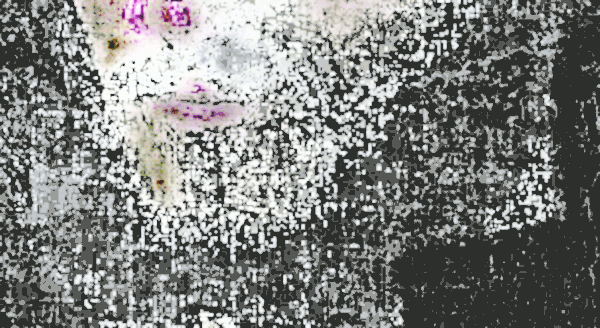
Bandaid
on jaw |
- In 1403, Henry, 16, fought alongside his father at the Battle of Shrewsbury
against the forces of Henry “Hotspur” Percy.
- During the
battle, Henry was nearly slain when he took an arrow to the
face.
- His wound was so grievous that the royal physician had to craft a new tool to extract the arrow without further injuring the prince.
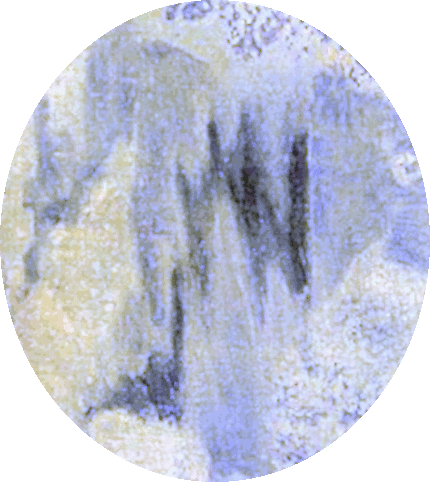
Future Henry V creating new laws |
- From 1410 until 1411, Henry IV had problems with his
health and was too sick to rule.
- Because of this, this led to his son
Henry ruling by proxy.
- In a short time, Henry imposed his own policies on the realm.
- When Henry IV recovered, he not only reversed his son’s
policies, but had Henry removed from the council.

Childhood toy shop |
- According to Shakespeare, the future Henry V had a wild and adventurous
childhood and turned into quite a hedonist.
- He was
assisted by Sir John Falstaf who is a fictional character based on Sir John Oldcastle.
- Shakespeare had originally named Oldcastle’s fictional counterpart by his
correct name but had to change the name when Oldcastle’s descendants complained.
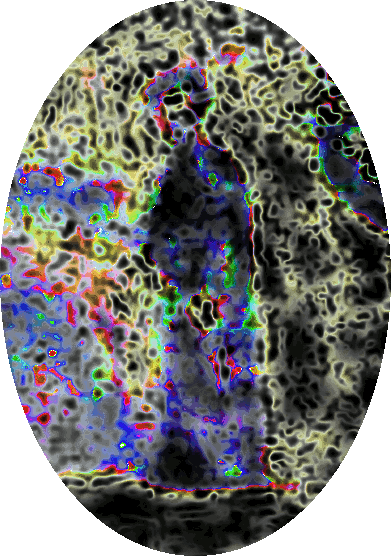
Removing Catholic church |
- Oldcastle was a prominent Lollard which caused
controversy in the relationship, not only with future Henry V,
but his father, Henry IV.
- The Lollards were a group that
wanted to reform the Roman Catholic Church, and this was many years before the Protestants.
- At first, Oldcastle was able to avoid any heresy charges, solely because of his connection to the young prince.
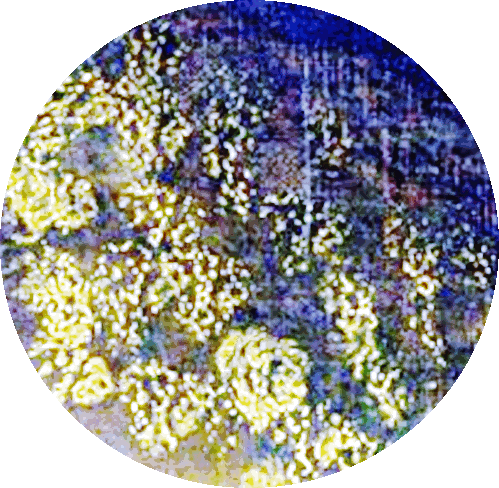
Lancaster white roses |
- Henry was the second English king who belonged to the House of Lancaster,
which was a branch of the Plantagenet dynasty.
- The
Plantagenet's had ruled England since 1154 when Henry II became king.
- Henry V was the tenth Plantagenet monarch to rule England.
- The Wars of the Roses removed the House of Lancaster from the throne until the Tudor dynasty
ultimately ended the Plantagenet dynasty.

Henry IV sleeping |
- Henry IV, died in 1413 after several years of illness.
- He had been the first king in 350 years, since the Norman
invasion, who used English in his coorespondence, instead of
French.
- Henry was in power for 14 years.

Henry V crowned |
- Henry V, age 27, was crowned King of England on April 9,
1413.
- He was clean-shaven, 6'3" and wore his
dark hair short, in a ring above his ears.
- In 1415, several nobles led by the Earl of Cambridge and Sir Thomas Grey wished to remove Henry from power and replace him with Mortimer,
who was still hanging around in the background.
- Mortimer
himself foiled the attempt, called the Southampton Plot, and his supporters were executed.
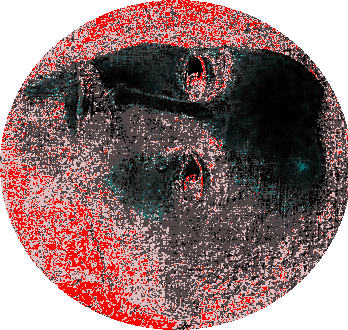
Henry V burns coal |
- When his father, Henry IV, first came to power, the Wars
of the Roses had already been raging for 76 years, despite a
peace treaty signed in 1389, the war continued on.
- Henry
V provoked the war and invaded France in 1415 with 6,000
longbowmen and 2,000 men-at-arms.
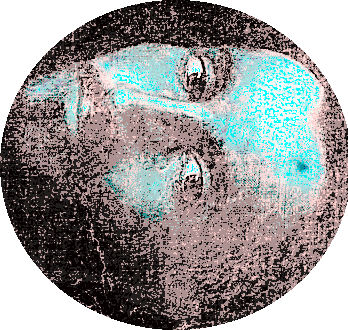
Henry V floundering in the mud |
- The Battle of Agincourt is one of the most lauded battles in English history,
despite that Henry's army was severely outnumbered by the
French forces.
- English archers went into battle wearing no pants because the dysentery which they
suffered from caused diarrhea.
- It’s widely believed that a large number
of the French casualties during the battle were shot by arrows
or butchered while they were floundering in the mud.
- Henry ordered the majority of the prisoners to be executed.

Oldcastle distraught |
- In 1417, Oldcastle,
charged with heresy, was burned at the stake because Henry
viewed the Lollards as a threat to domestic law and order.
- From 1418 to 1419, Henry
V laid siege to Rouen and as a result, the inhabitants soon ran out of food, and Henry wouldn’t let 12,000 French leave the battle zone
and they perished, which put a dark stain on his reputation.
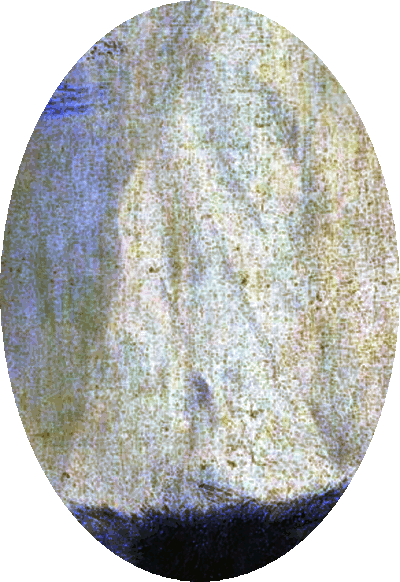
Catherine of France with her white ermine |
- In 1420, the Treaty of Troyes was signed and Henry V married King Charles VI’s daughter, Catherine,
and as a result he became heir to the throne of France.
-
However, none of the English kings ever became king of France.
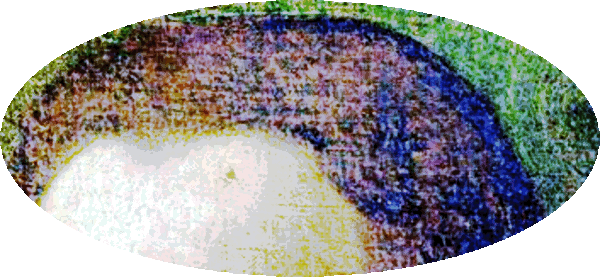
Duke of Clarence with his ermine |
- The Battle of Baugé in 1421 was a disastrous defeat for Henry's
younger brother, Duke of Clarence, who was slain during the battle, along with 1,000 of his men.
- Meanwhile, 500 more of Henry's men were taken prisoner, while the Scots and French suffered light casualties.
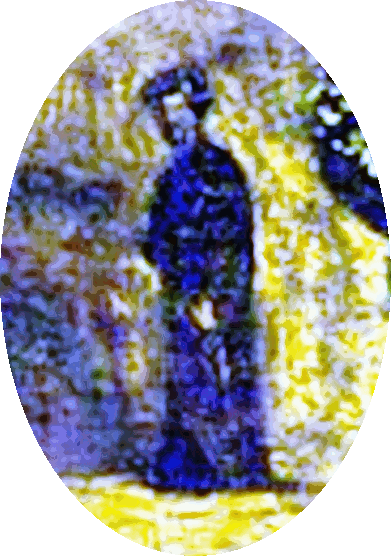
Robed |
- Henry's outstanding military successes in the Hundred Years' War against France made England one of the strongest military powers in Europe.
- Henry V died at age 36, and left one son, Henry VI, who
inherited madness from his grandfather, Charles VI.
- For such a beloved king, Henry V’s reign lasted less than ten years, and his son
reigned on-and-off for 40 years.
|
The Monkey's Paw |
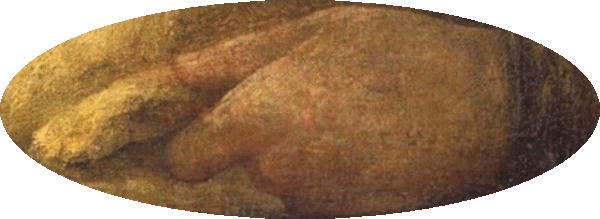
Three wishes |
- The Monkey's Paw, written by W. W. Jacobs, first
appeared in Harper's Monthly in 1902.
- It's a classic "three wishes" story that doubles as a horror story and a cautionary tale,
that reminds us that unintended consequences often accompany the best intentions.
- The story was later featured in
The Lady of the Barge, published in 1911.
Be careful what you wish for, you may receive it. (Anonymous) |
|
Part I |
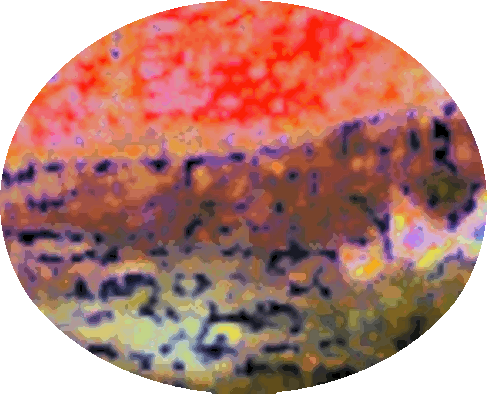
Fire burning |
- On a cold and wet night in a small parlour in
Laburnum villa, the blinds were drawn and the fire burned
brightly.
- Mr. White, and his son, Herbert, were playing
chess and the father wanted to make radical changes to the
match, putting his king through such trials, even his
white-haired wife knitting quietly by the fire made a comment.
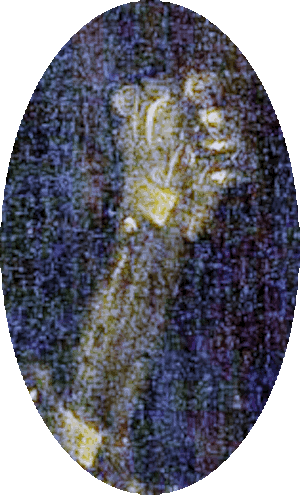
Checkmate |
- "Hark at the wind," said Mr. White, who, having seen a fatal
mistake after it was too late.
- He was trying his best to make
sure his son didn't see his bad move.
- "I'm listening," said the son grimly surveying the board as he stretched out his hand. "Check."
- "Mate," continued the son.
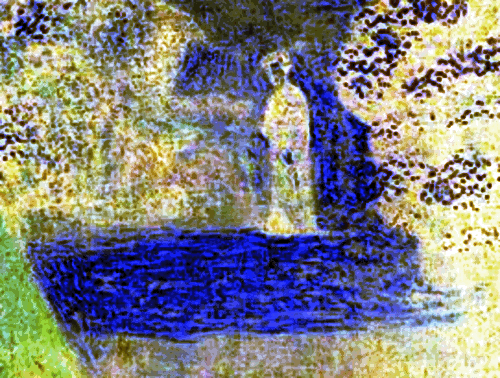
Father and son playing chess |
- "That's the worst of living so far out,"
barked Mr. White trying to changed the subject from his loss,
to the nasty weather, and fretting over the late arrival of a
friend who was on the way.
-
"Never mind, dear," said his wife soothingly; "perhaps you'll win the next one."

Hooded friend comes out of the weather |
- Mr. White looked up just in time to witness a knowing glance between mother and son. the words died away on his lips, and he hid a guilty grin in his thin grey beard.
- "There he is," said Mr. White as the gate banged loudly and heavy footsteps came toward the door.
- The old man rose with hospitable haste and opened the door,
and was heard condoling with the new arrival, and vice-versa.
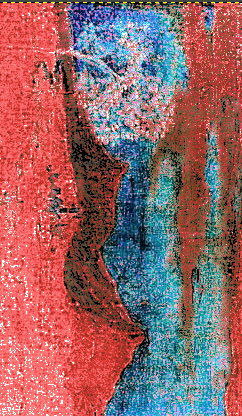
Soldier arrived for a visit |
- A family friend, Sergeant-Major Morris, arrived for a visit.
- Mrs. White said, "Tut, tut!" and coughed gently as her husband entered the room followed by a tall, burly man, beady of eye and rubicund of visage.
- Mr. White introduced the sergeant, who then took hands and
took a seat by the fire.
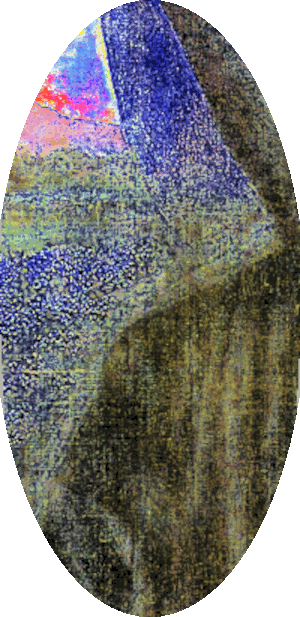
Sitting by the fire |
- Mr. Morris watched contentedly as his host, Mr. White,
took out whiskey and tumblers and stood a small copper kettle on the fire.
- At the third glass his eyes got brighter, and he began to talk,
something that intrigued the small family circle who regarded
their visitor with eager interest when he talked about distant parts.
- He squared his broad shoulders in the chair and spoke of wild scenes and doughty deeds; of wars and plagues and strange peoples.
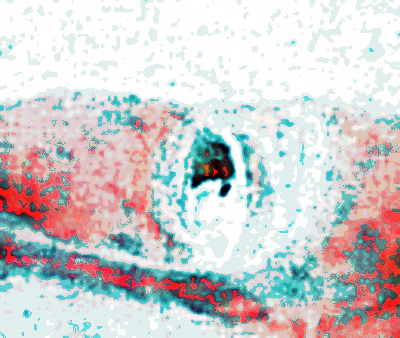
Dreams about visiting India |
- "I'd like to go to India myself," said Mr. White, just to look around a bit, you know."
- "Better where you are," said the Sergeant-Major, shaking his head;
he put down the empty glass and sighing softly, shook it again.
- "I should like to see those old temples and fakirs and jugglers," said
Mr. White. "what was that that you started telling me the other day about a monkey's paw or something, Morris?"
- "Nothing." said the Mr. Morris said hastily. "Leastways, nothing worth hearing."

Visitor telling stories |
- "Monkey's paw?" said Mrs. White curiously.
- "Well, it's just a bit of what you might call magic, perhaps." said the Sergeant-Major off-handedly.
- His three listeners leaned forward eagerly.
- The visitor absent-mindedly put his empty glass to his lips and then set it down again.
- Mr. White filled it for him again.
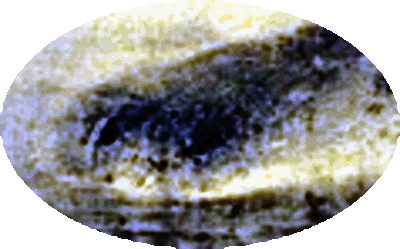
Monkey's paw |
- The Sergeant-Major fumbled in his pocket, "it's just an ordinary little paw, dried to a mummy."
- He took something out of his pocket and set it down it.
- Mrs. White drew back with a grimace, but her son, taking it, examined it curiously.
- "And what is there special about it?" inquired Mr. White as he took it from his son, and having examined it, placed it upon the table.
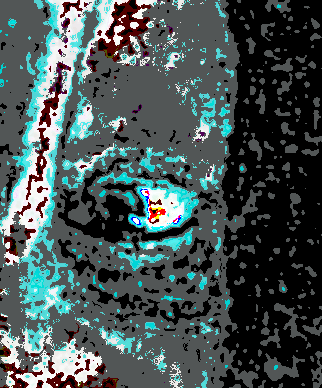
Fakir |
- "It had a spell put on it by an old Fakir," said the Sergeant-Major, "a very holy man."
-
The old Fakir wanted to show that fate ruled people's lives, and that those who interfered with it did so to their sorrow.
- He put a spell on the monkey's paw so that three
separate men could each have three wishes from it.
- The Sergeant-Major's manners were so impressive that the
family members were conscious that their light laughter had jarred somewhat.
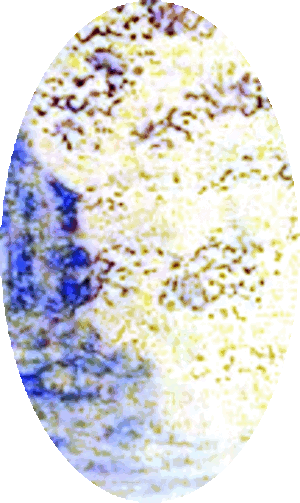
Mrs. White |
- "Well, why don't you have three, sir?" said Mr. White cleverly.
- The soldier regarded him; "I have," he said quietly, and his blotchy face whitened.
- "And did you really have the three wishes granted?" asked Mrs. White.
- "I did," said the Sergeant-Major, and his glass tapped against his teeth.
- "And has anybody else wished?" asked the old lady.
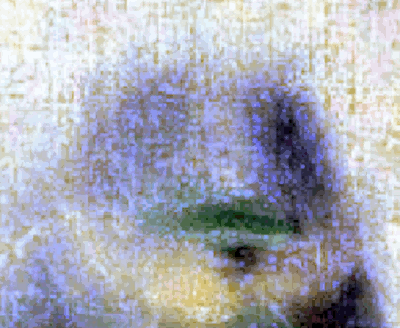
The Sergeant-Major |
|
- "The first man had his three wishes. Yes," said the
Sergeant-Major; "I don't know what the first two were, but the third was for death."
- That's how I got the paw"
and the tone of his voice was so grave that a hush fell upon the group.
- "If you've had your three wishes it's no good to you now then Morris," said the
Mr. White; "what do you keep it for?"
- The soldier shook his head, "fancy I suppose," he said slowly," I did have some idea of selling it, but I don't think I will."
- He went on to say that the paw had caused enough mischief already,
and he didn't think anyone would buy.
- "They think it's a fairy tale, some of them; and those who do think anything of it want to try it first and pay me afterward."
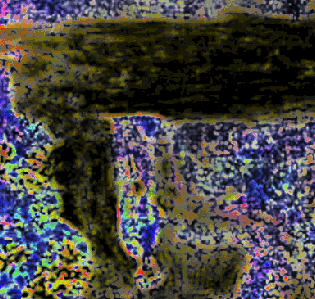
Fireplace |
- Mr. White asked if the sergeant would take another three
chances?
- The Sergeant-Major took the paw, and dangling it
between his forefinger and thumb, suddenly threw it upon the
fire.
- Mr. White, with a slight cry, stooped down and
snatched it off the fire and the soldier told him it would be better
to let the paw burn.
- Mr. White asked if the
Sergeant-Major would
give him the paw and he was told no.
- "I threw it on the
fire. If you keep it, don't blame me for what happens, throw
it on the fire like a sensible man." said the sergeant.
-
Mr. Morris shook his head and examined the paw closely and said
"How do you do it?"
- "Hold it up in your right
hand, and wish aloud," said the Sergeant-Major, "But I warn
you of the consequences."
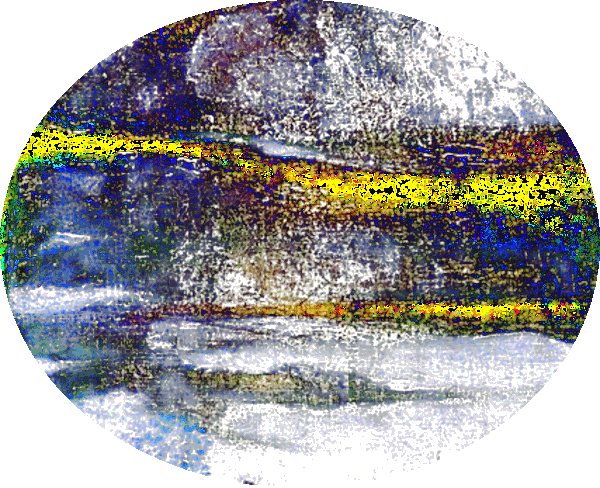
Cheeseburger for dinner |
- Mrs. White rose from her chair and began dinner
preparations.
- Her husband drew the talisman from his
pocket, and all three burst into laughter as the
Seargent-Major, with a look of alarm on his face, caught him
by the arm.
- "If you must wish," he said gruffly, "Wish
for something sensible."
- Mr. White dropped it back in his
pocket, and placing chairs, motioned his friend to the table.

Saying goodnight |
- While eating dinner, the talisman was partly forgotten,
and afterward the three sat listening in an enthralled fashion
to a second installment of the soldier's adventures in India.
- "If the tale about the monkey's paw is not more truthful
than those he has been telling us," said son Herbert, as the door
closed behind their guest, just in time to catch the last
train, "we shan't make much out of it."
- Mrs. White asked
her husband if he paid the soldier for the paw and he told her
he gave him a small trifle, and received another warning to
throw the paw away.
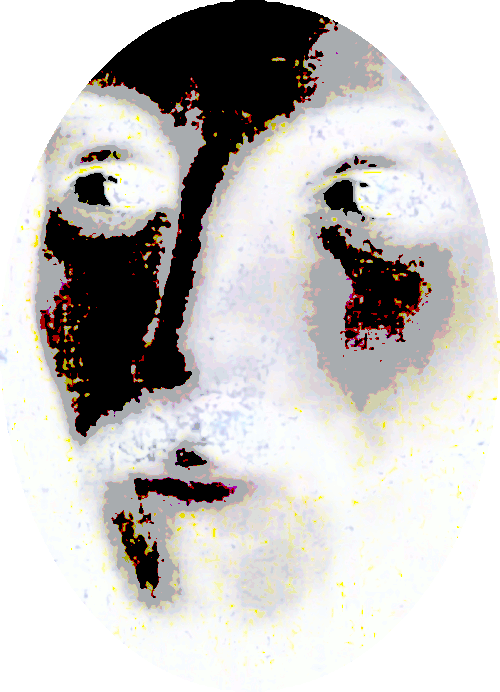
Mr. White |
|
- Mr. White took the paw from his pocket and eyed it
dubiously; "I don't know what to wish for, and that's a fact,"
he said slowly, "It seems to me I've got all I want."
- Mr.
White's son said, "Well, wish for two hundred pounds, then;
that'll just do it."
- His father, smiling shamefacedly at
his own credulity, held up the talisman, as his son, with a
solemn face, somewhat marred by a wink at his mother.
- "I wish for two
hundred pounds," said the old man distinctly.
- A fine crash
from the piano greeted his words, interrupted by a shuddering
cry from the old man.
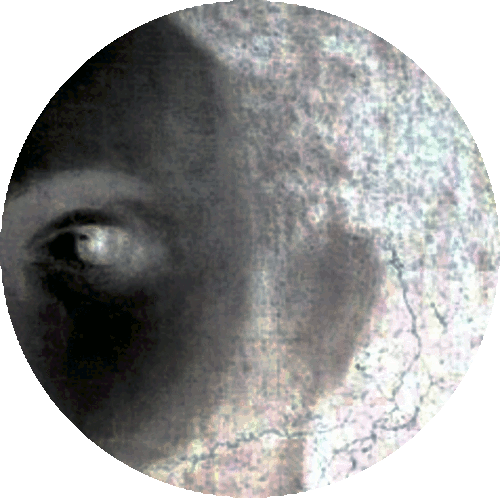
Monkey fright |
-
Mr; White's wife and son ran
toward him.
- "It moved," he cried, with a glance of disgust at
the monkey's paw as it lay on the floor.
- "As I wished, it twisted in
my hand like a snake."
- "Well, I don't see the money," said his
son, as he picked it up and placed it on the table, "and I bet
I never shall."
- "It must have been your fancy, father," said
his wife, regarding him anxiously.
-
Mr. White shook his head. "Never
mind, though; there's no harm done, but it gave me a shock all
the same."
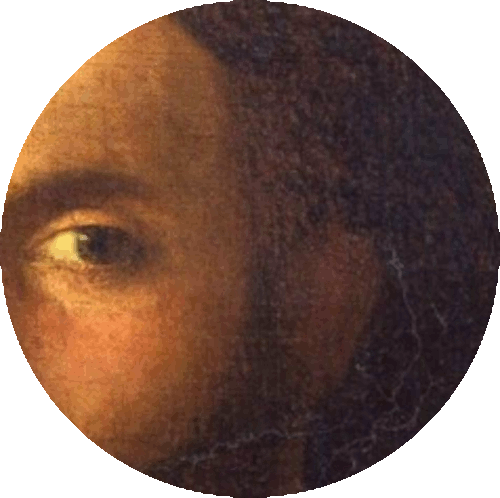
Son Herbert |
- They sat down by the fire again while father
and son
finished their pipes.
- Outside, the wind was higher than ever,
an the old man started nervously at the sound of a door
banging upstairs.
- A silence unusual and depressing settled on
all three family members, which lasted until the old couple rose to retire
for the night.
- "I expect you'll find the cash tied
up in a big bag in the middle of your bed," said Herbert, as
he bade them good night, " and something horrible squatting on
top of your wardrobe watching you as you pocket your
ill-gotten gains."
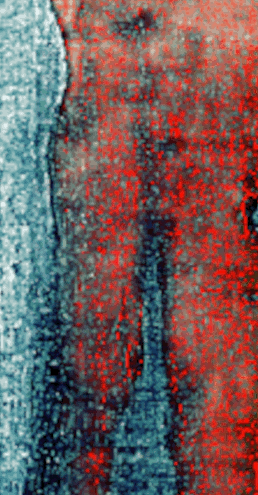
Elephant in fire burns |
- Herbert sat alone in the darkness, gazing at the
dying fire, and seeing faces in it.
- The last was so horrible
and so simian that he gazed at it in amazement.
- The fire
was so
vivid that, with a little uneasy laugh, he searched on the table
for a glass containing a little water to throw over it.
- His
hand grasped the monkey's paw, and with a little shiver he
wiped his hand on his coat and went up to bed.
|
Part II |
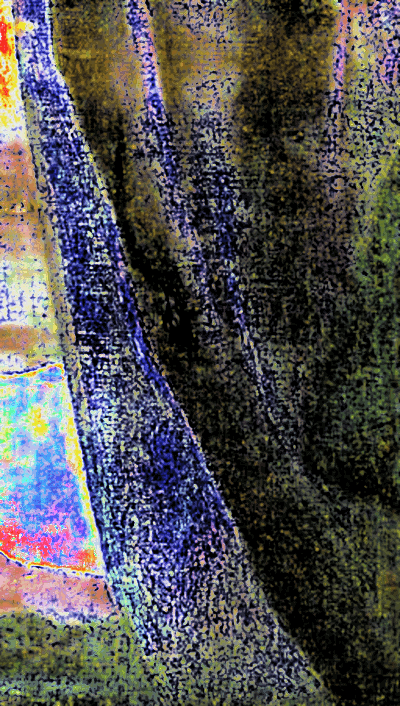
New day |
- In the
brightness of the wintry sun next morning as it streamed over
the breakfast table, Herbert laughed at his fears.
- There was an air
of wholesomeness about the room which it had lacked on
the previous night, and the dirty, shriveled little paw was
sitting on the side-board with a carelessness which gave no
clue to its virtues.
- "I suppose all old soldiers
are the same," said Mrs. White; "The idea of our listening
to such nonsense! How could wishes be granted in these days?
And if they could, how could two hundred pounds hurt you,
father?"
- "Might drop on his head from the sky," said the frivolous
Herbert.
- "Morris said the things happened so naturally," said
his father, "that you might if you so wished attribute it to
coincidence."
- "Well don't break into the money before I come
back," said Herbert as he rose from the table.
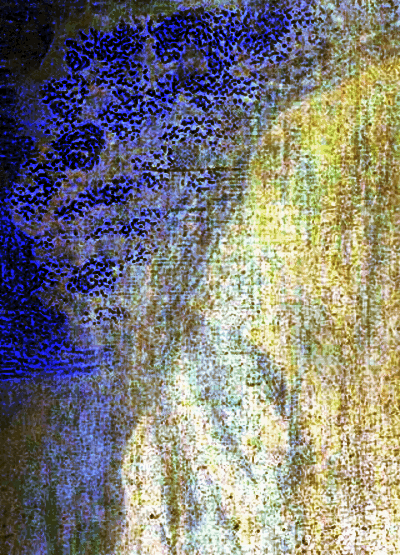
Son leaves for work |
- His mother laughed, and following him to the
door, watched him down the road; and returning to the
breakfast table, was very happy at the expense of her
husband's credulity.
- She
scurried to the door at the postman's knock, and joked with
him about the retired Sergeant-Majors bibulous habits when she found that the post brought a
tailor's bill.
- "Herbert will have some more of his funny
remarks, I expect, when he comes home," she said as they sat
at dinner.
- "I dare say," said Mr. White, pouring himself out
some beer; "but for all that, the thing moved in my hand; that
I'll swear to."
- "You thought it did," said the old lady
soothingly.
- "I say it did," replied her
husband, "There was no
thought about it; I had just - What's the matter?"
- His wife
made no reply.
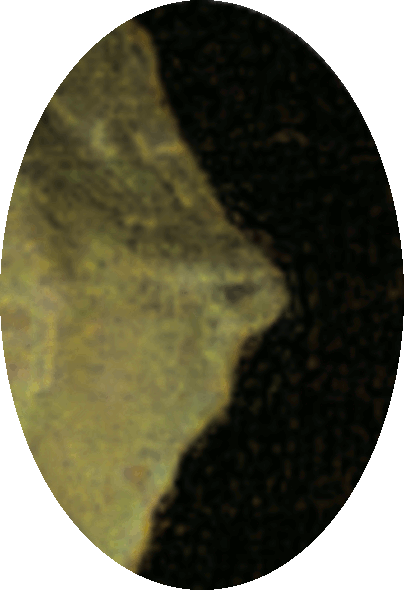
Gentleman at the door |
- Mrs. White was watching the mysterious movements of a
man outside, who, peering in an undecided fashion at the
house, appeared to be trying to make up his mind to enter.
- In deep thought about the two hundred pounds, she noticed that
the stranger was well dressed, and wore a silk hat of glossy
newness.
- Three times he paused at the gate, and then walked on
again.
- The fourth time he stood with his hand upon it, and
then with sudden resolution flung it open and walked up the
path.
- Mrs. White at the same moment placed her hands behind
her, and hurriedly unfastening the strings of her apron,
attended to the door.
- She brought the stranger, who seemed ill at ease, into
the room.

Stranger with bad news |
- The stranger gazed at her furtively, and listened in a
preoccupied fashion as the old lady apologized for the
appearance of the room.
- She then waited as
patiently as her gender would permit for him to broach his
business, but he was at first strangely silent.
- "I - was asked
to call," he said at last, and stooped and picked a piece of
cotton from his trousers. "I come from 'Maw and Meggins.'
-
The old lady started. "Is anything the matter?" she asked
breathlessly; "Has anything happened to Herbert? What is it?"
- What is it? Mr. White interposed; "There there mother," he
said hastily, "Sit down, and don't jump to conclusions."
- "You've
not brought bad news, I'm sure sir," and eyed the other
wistfully.
- "I'm sorry - " began the visitor.
- "Is he hurt?"
demanded Mrs. White hysterically.
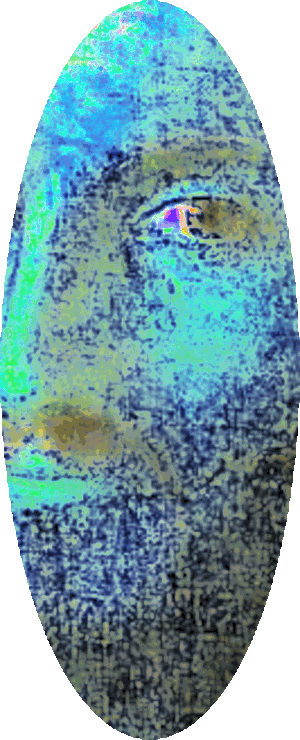
Mr. White in despair |
- The visitor bowed in assent."Badly
hurt," he said quietly, "but he is not in any pain."
- "Oh thank God!" said the old woman, clasping
her hands, "Thank God for that! Thank--."
- She broke off as the sinister meaning of the
assurance dawned on her and she saw the awful confirmation of
her fears in the others averted face.

Monkey paw wish |
- She caught her breath,
and turning to her slower-witted husband, laid her trembling
hand on his.
- There was a long silence. "He was caught in the
machinery," said the visitor at length in a low voice.
- "Caught
in the machinery," repeated Mr. White, in a dazed
fashion,"yes."
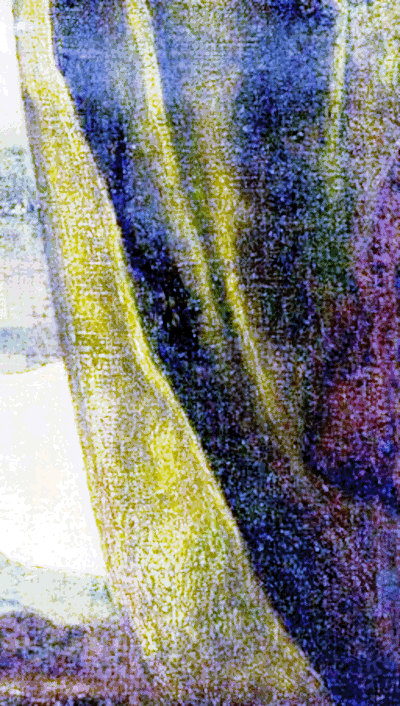
Elephant draped
|
- Mr. White sat staring out the window, "He
was the only one left to us," he said, turning gently to the
visitor, "It is hard."
- The visitor coughed, and rising, walked
slowly to the window and said, "The firm wishes me to convey their
sincere sympathy with you in your great loss," he said,
without looking round. "I beg that you will understand I am
only their servant and merely obeying orders."
- There was no
reply; the old woman’s face was white, her eyes staring, and
her breath inaudible.

Condolences |
- "I was to say that Maw and Meggins disclaim all
responsibility," continued the visitor, "They admit no liability
at all, but in consideration of your son's services, they wish
to present you with a certain sum as compensation."
- Mr. White
dropped his wife's hand, and rising to his feet, gazed with a
look of horror at his visitor.
- His dry lips shaped the words,
"How much?"
- "Two hundred pounds," was the
visitor's answer.
- Unconscious of his wife's shriek, the
old man smiled faintly, put out his hands like a sightless
man, and dropped, a senseless heap, to the floor.
|
Part III |
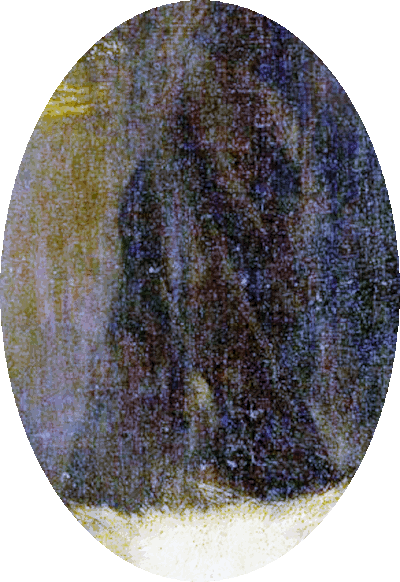
Visitor departs |
- They buried Herbert in the huge new cemetery, some two miles
distant, and came back to
the house steeped in shadows and silence.
- It was all over so
quickly that at first they could hardly realize it, and
remained in a state of expectation as though of something else
to happen, something else which was to lighten this load, too
heavy for old hearts to bear.
- But the days passed, and
expectations gave way to resignation, the hopeless
resignation of the old.
- Sometimes
they hardly exchanged a word, for now they had nothing to talk
about, and their days were long to weariness.
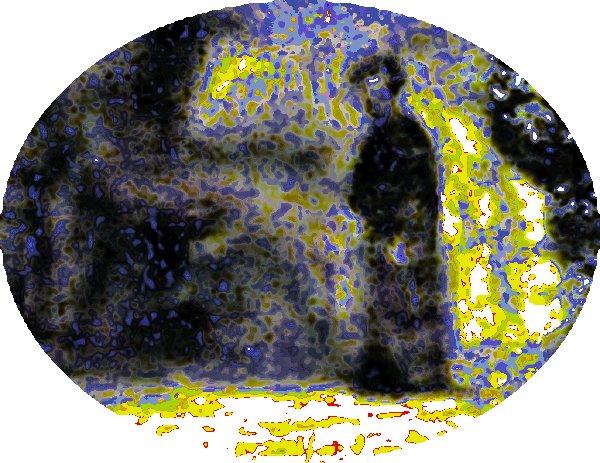
Weeping for her dead son |
- It was about a week after that the old man,
waking suddenly in the night, woke to found his wife outside
and weeping; she refused his pleas to come back to their warm
bed.
- Mr. White rolled over and went back
to sleep.
- He dozed fitfully, and then slept until a sudden
wild cry from his wife awoke him with a start.
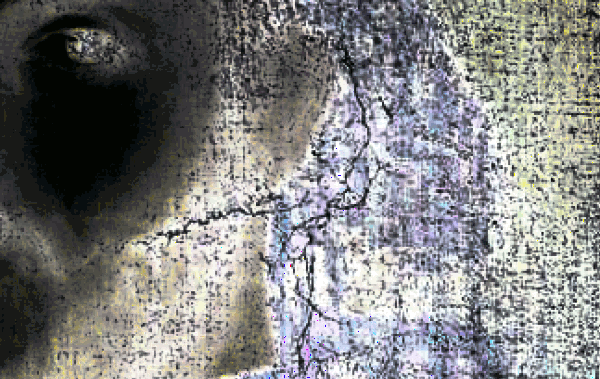
Self dead awakens |
- "THE PAW!" she
cried wildly. "THE MONKEY'S PAW!"
- He started up in alarm.
"Where? Where is it? What’s the matter?"
-
She came stumbling across the room toward him. "I
want it," she said quietly.
- "Why?" he
asked, she cried and laughed
at the same time, and bending over, kissed his cheek.
- "I only just
thought of it," she said hysterically, "Why didn't I think of
it before? Why didn't you think of it?"
- "Think of what?" he
questioned.
- "The other two wishes," she replied rapidly.
"We've only had one."
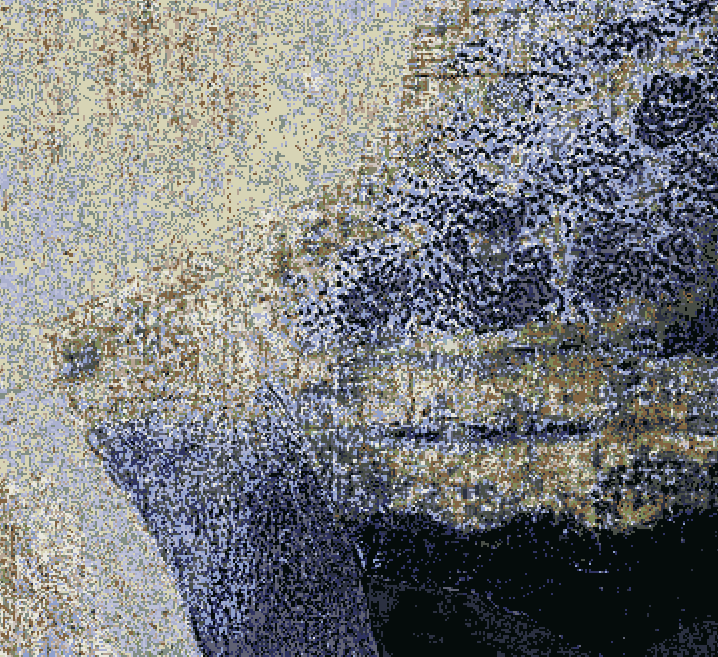 |
 |
|
Bedroom chaos
|
- "Was not that enough?" he demanded
fiercely.
- "No," she cried; "We'll have one more.
Go down and get it quickly, and wish our boy alive again."
- The
man sat in bed and flung the bedclothes from his quaking
limbs."Good God, you are mad!" he cried aghast.
- "Get it," she panted; "get it quickly, and wish,
we had
the first wish granted," she said feverishly; "why
not the second?"
- "A coincidence," stammered the old man.
- "Go
get it and wish," cried his wife, quivering with excitement.

Father shakes |
- The old man turned and regarded her, and his voice shook, "He
has been dead ten days, and besides he - I would not tell you
else, but - I could only recognize him by his clothing."
- He hadn't told her that Herbert was so mangled, the
only way he recognized him at the coroner's office was by
his clothing.
-
"If he
was too terrible for you to see then, how now? Bring him
back," cried the old woman, as she dragged him towards the door;
"Do you think I fear the child I have nursed?"
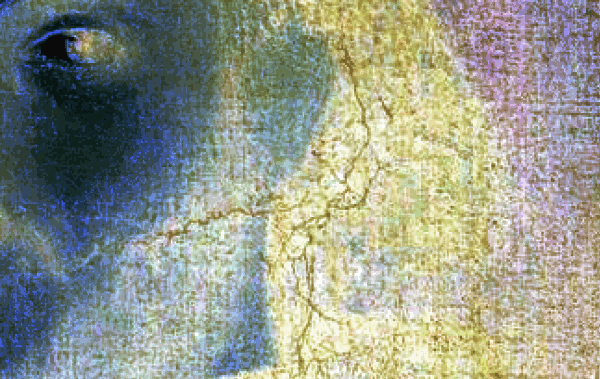
Afraid of his wife after he burned everything down
|
- He went down in
the darkness, and felt his way to the parlour, and then to the
mantlepiece.
- The talisman was in its place, and a horrible
fear that the unspoken wish might bring his mutilated son
before him before he could escape from the room seized up on him,
and he caught his breath as he found that he had lost the
direction of the door.
- His brow cold with sweat, he felt his
way round the table, and groped along the wall until he found
himself in the small passage with the unwholesome thing in his
hand.
- Even his wife's face seemed changed as he entered the
room; it was white and expectant, and to his fears seemed to
have an unnatural look upon it.
- He was afraid of her.
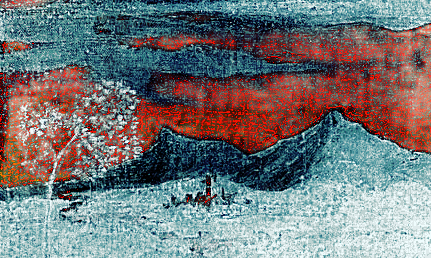
Red sky night |
- "WISH!"
she cried in a strong voice.
- "It is foolish and wicked," he
stammered.
- "WISH!" repeated his wife.
- He raised his hand and said, "I
wish my son alive again."
- The talisman fell to the floor, and
he regarded it fearfully.
- Then he sank trembling into a chair
as the old woman, with burning eyes, walked to the window and
raised the blind.
- He sat until he was chilled with the cold,
glancing occasionally at the figure of the old woman peering
through the window.
- The candle-end, which had burned below the
rim of the china candlestick, was throwing pulsating shadows
on the ceiling and walls, until with a flicker larger than the
rest, it expired.
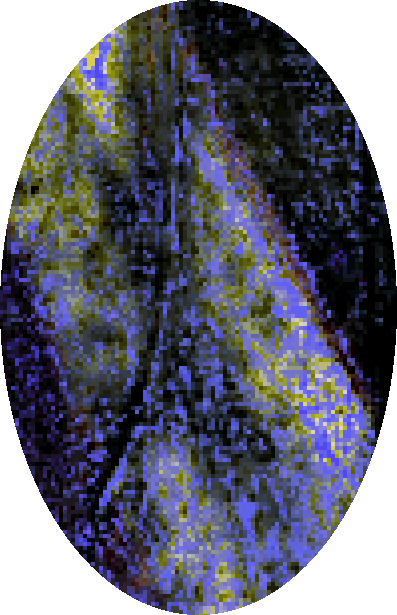
Night gown |
- The old man, with an unspeakable sense of
relief at the failure of the talisman, crept back back to his
bed, and a minute afterward the old woman came silently and
apathetically beside him.
- Neither spoke, but sat silently
listening to the ticking of the clock.
- A stair creaked, and a
squeaky mouse scurried noisily through the wall.
- The darkness
was oppressive, and after lying for some time screwing up his
courage, he took the box of matches, and striking one, went
downstairs for a candle.

Father lighting candles and hearing knocks |
- At the foot of the stairs the match
went out, and he paused to strike another; and at the same
moment a knock came so quiet and stealthy as to be scarcely
audible, sounded on the front door.
- The matches fell from his
hand and spilled in the passage.
- He stood motionless, his
breath suspended until the knock was repeated.
- Then he turned
and fled swiftly back to his room, and closed the door behind
him.
- A third knock sounded through the house.
- "WHAT’S THAT?"
cried the old woman, starting up.
- "A rat," said the old
man in shaking tones.
- His wife
sat up in bed listening, she suddenly realized the reason it
took so long for Herbert to show up was he had to walk 2
miles from the cemetery.
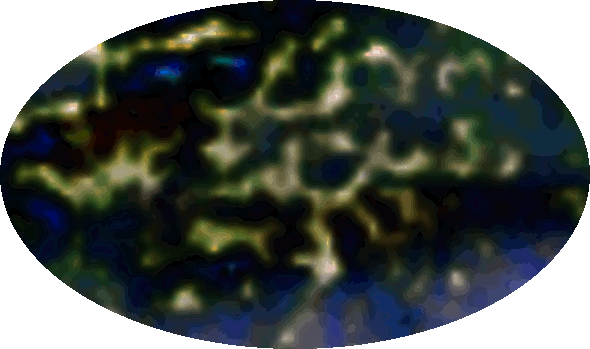
Loud knocking |
- A loud knock resounded through the
house.
- "It's Herbert!"
- She ran to the door, but her husband
was before her, and catching her by the arm, held her tightly.
- "What are you going to do?" he whispered hoarsely.
- "It's my boy; it's Herbert!" she cried, struggling she
asked "What are you holding me for? Let
go. I must open the door."
- "For God's sake don't let it in,"
cried the old man, trembling.
- "You're afraid of your own son,"
she cried struggling, "Let me go. I'm coming, Herbert; I'm
coming."
- There was another knock, and another.
- The old woman
with a sudden wrench broke free and ran from the room.

Monkey paw wish comes true
|
- Her
husband followed to the landing, and called after her
appealingly as she hurried downstairs.
- He heard the chain
rattle back and the bolt drawn slowly and stiffly from the
socket.
- Then the old woman’s voice, strained and panting, "The
bolt," she cried loudly, "Come down. I can't reach it."
- But
her husband was on his hands and knees groping wildly on the
floor in search of the paw.
- If only he could find it before
the thing outside got in.
- A perfect fusillade of knocks
reverberated through the house, and he heard the scraping of a
chair as his wife put it down in the passage against the door.
- He heard the creaking of the bolt as it came slowly back, and
at the same moment he found the monkey's paw, and frantically
breathed his third and last wish.
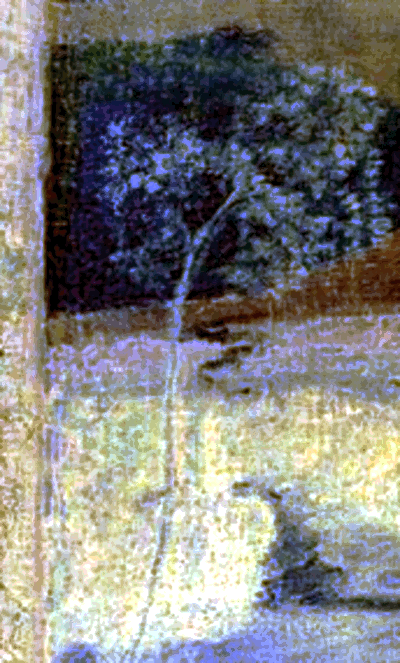
Door opened
|
- The knocking ceased
suddenly, although the echoes of it were still in the house.
- He heard the chair drawn back, and the door opened.
- A cold
wind rushed up the staircase, and a long loud wail of
disappointment and misery from his wife gave him the courage
to run down to her side, and then to the gate beyond.
- The
street lamp flickering opposite shone on a quiet and deserted
road.
Moral of the myth!
Why would you test fate?
|
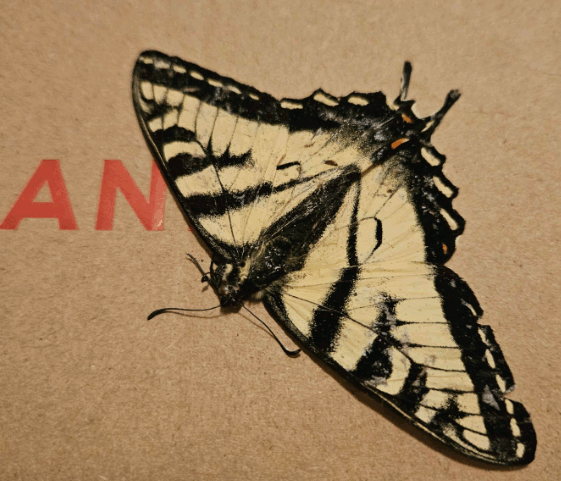
Monarch butterfly |
- Found poor thing in the roadway on the way.
-
Completely flat but in perfect order.
- Butterfly
effect.
- Following the
yellow brick road each day.
The LORD is longsuffering, and of great mercy, forgiving iniquity and transgression, and by no means clearing the guilty, visiting the iniquity of the fathers upon the children unto the third and fourth generation. (Numbers 14:18) |
- Forgive yourself, dump shame, love yourself, love others
as much as yourself, ask the Most High for redemption and skip
all this pain.
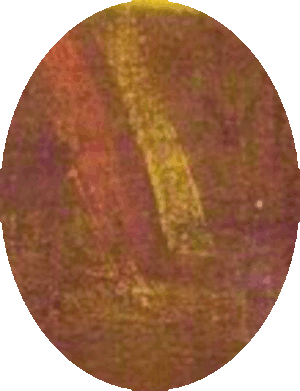
Signed by Leonardo DaVinci |
|
|

